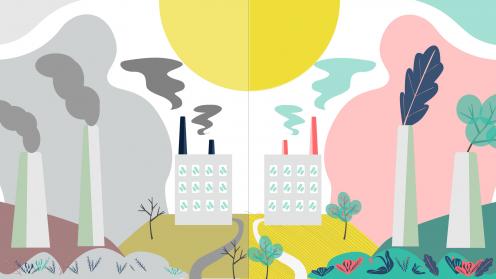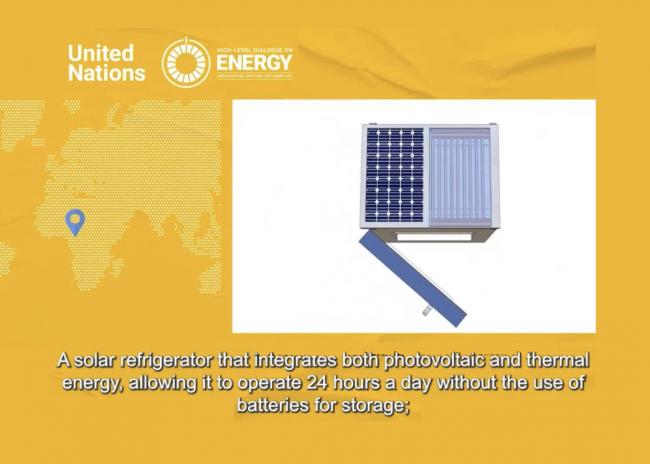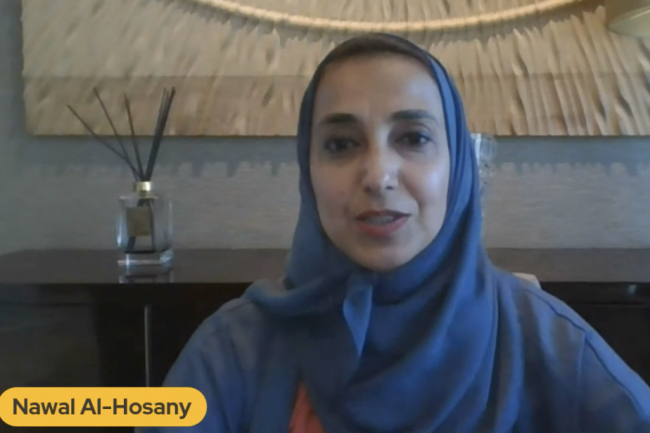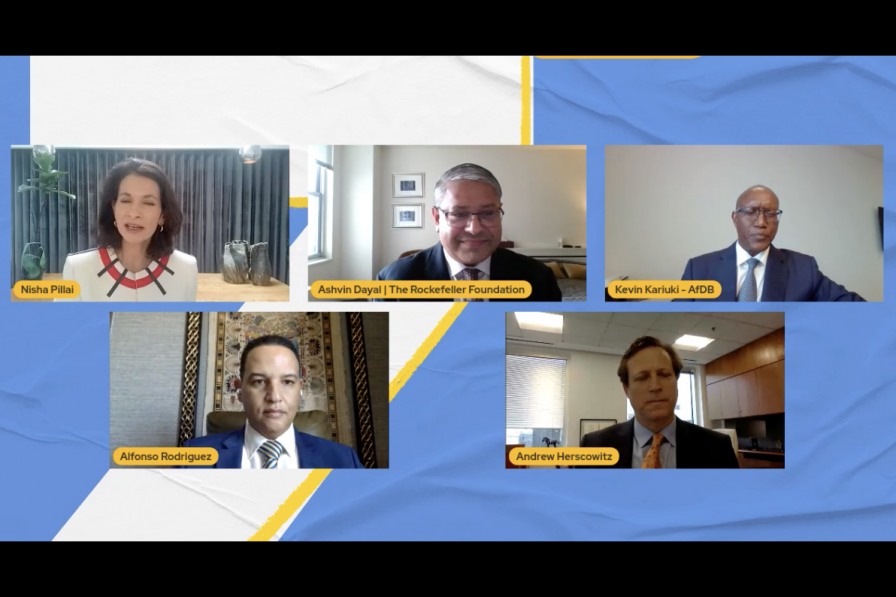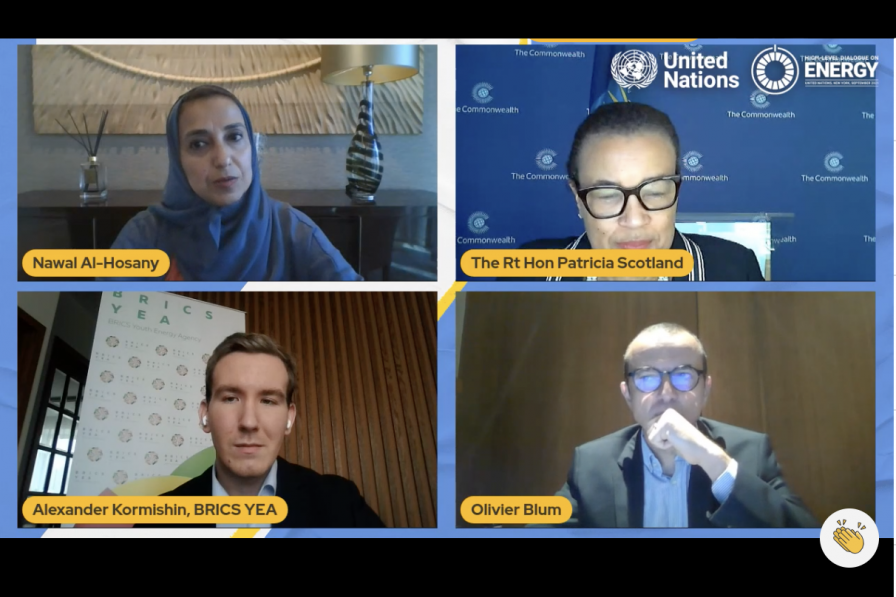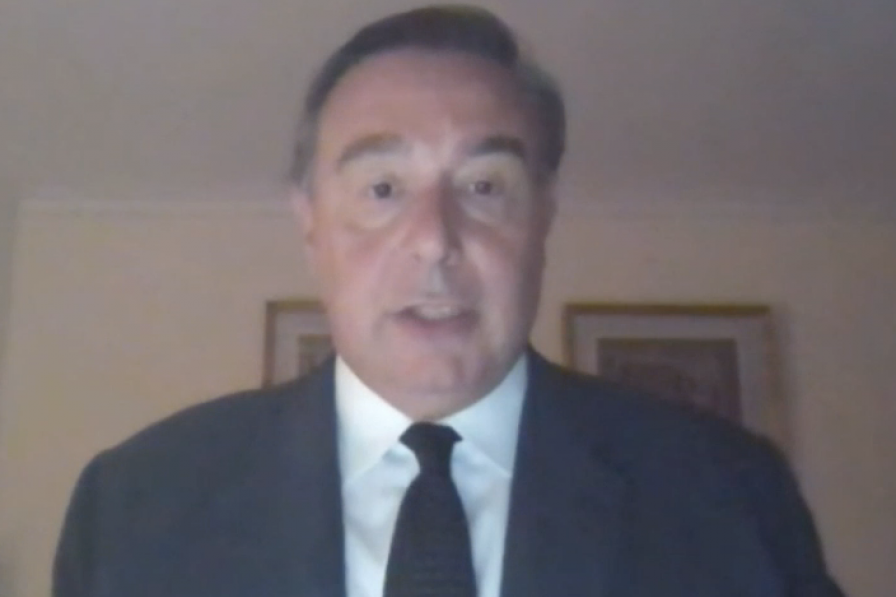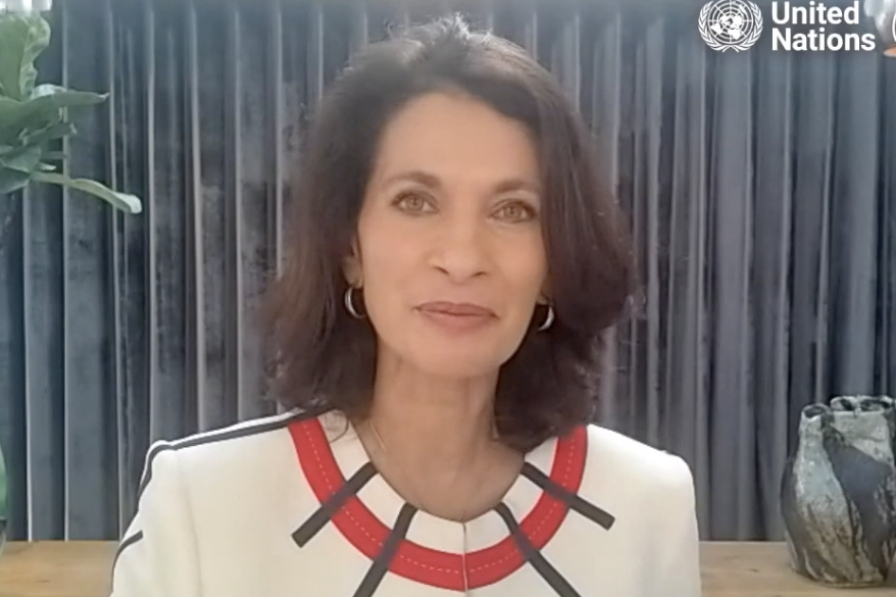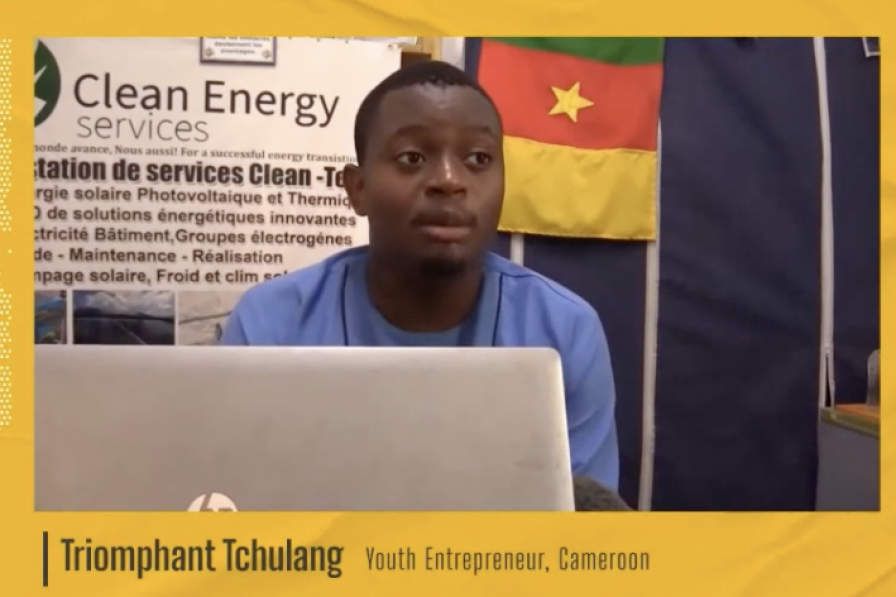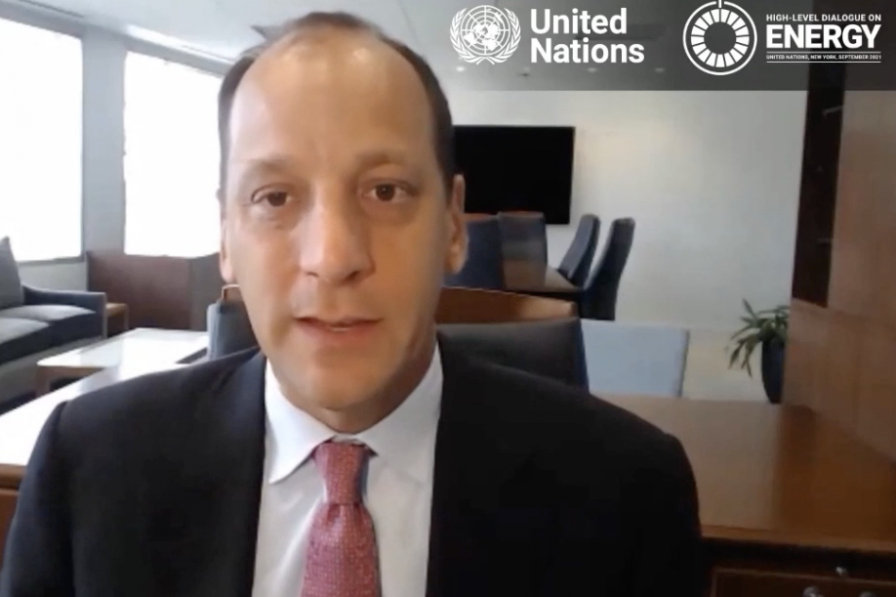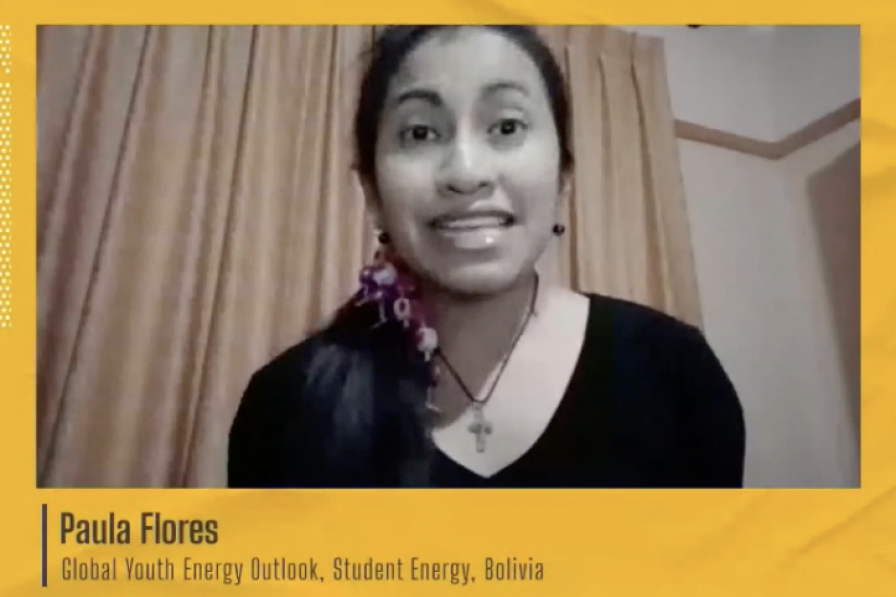The second of two Energy Action Days leading up to the High-level Dialogue on Energy (HLDE) convened virtually on Thursday, 23 September, under the overarching theme “Let's Get it Done! Catalytic Finance for Universal Energy Access and Advancing the Energy Transition.” After opening keynote addresses, the Action Day featured two panels focusing on three of the five HLDE themes: “finance,” “energy transition” and “data, innovation and technology.” The highlight of the day, however, was a series of announcements of voluntary commitments known as “Energy Compacts” on transformative action toward achievement of Sustainable Development Goal 7 (SDG 7) on achieving clean, affordable energy for all by 2030 and net zero emissions by 2050.
Damilola Ogunbiyi, CEO and Special Representative of the UN Secretary-General for Sustainable Energy for All and Co-Chair of UN-Energy, welcomed participants, calling on all to join the nine-year journey to SDG 7 through inclusive processes and urging world leaders to demonstrate what leadership looks like.
In other keynotes, Samantha Power, Administrator, US Agency for International Development, noted a forthcoming announcement of a new US partnership with countries in Africa and elsewhere for clean energy and new technologies to show that societies can “grow while growing green.” Riccardo Puliti, Vice President for Infrastructure, World Bank, said the Bank is increasing its investment in renewable energy to USD 2 trillion annually and halving investments in coal power plants.
Inger Andersen, Executive Director, UN Environment Programme (UNEP), invited all to join the Urban Energy Coalition for reducing cities’ energy use and called for nature-based solutions including greenery and green infrastructure. Sharon Ikeazor, Minister of State for Environment, Nigeria, said her country will electrify five million households with decentralized renewable energy by 2030 and called for global political alignment on the role of natural gas as an interim step. Achim Steiner, Administrator, UN Development Programme (UNDP), said UNDP will mobilize partners to provide access to clean and affordable energy to 500 million additional people.
In a global dialogue on electrification moderated by Nawal Al-Hosany, United Arab Emirates (UAE) Permanent Representative to the International Renewable Energy Agency (IRENA), the US Development Finance Corporation (DFC) noted its goal to provide energy access to 10 million people by 2025. The Commonwealth Secretariat announced that it will launch a new toolkit to help small island developing States (SIDS) develop business cases for investment in clean energy during the upcoming 26th meeting of the Conference of the Parties (COP 26) to the UN Framework Convention on Climate Change. The BRICS (Brazil, Russia, India, China, and South Africa) Youth Energy Agency spoke on how they work to influence the energy agenda of the BRICS group and global platforms such as COP 26.
Nisha Pillai, BBC, moderated a panel on financing energy access in developing countries/SIDS. The Global Energy Alliance explained it seeks to integrate, better coordinate and mobilize the many funding sources for energy access and clean energy. The African Development Bank discussed how it seeks to de-risk energy investment through funding upstream work on establishing regulatory and institutional frameworks that will attract private investment, catalytic financing to unlock private funds, and promotion of green mini-grids. Saying that commercially viable clean energy technologies are readily available, and that the problem is operationalizing them, DFC said it is working with the Rockefeller Foundation among others to de-risk investments and is looking into how to promote distributed networks. The Dominican Republic explained that, for many SIDS, the problems are to have enough backup power capacity to deal with natural emergencies and technical issues with connecting renewable sources such as solar to the national grid.
Among the Energy Compacts announced Thursday:
- Iberdrola committed to double renewables’ capacity by 2025, cut emission intensity, increase electricity, green hydrogen, and electric vehicle charging stations;
- Bee’ah pledged to create a waste-to-energy facility, put a solar power station on a capped landfill, and create a green hydrogen fueling station to supply a fleet of hydrogen-powered vehicles;
- The Brazilian National Development Bank and Eletrobras utility jointly committed to substitute diesel generation in Amazon Isolated Systems with clean, renewable, and affordable energy by 2030;
- The Basque Region announced two compacts, one on green hydrogen and a second on creating distributed pro-consumer energy co-ops;
- ReNew Power committed to: provide around-the-clock power from renewables at 20% cheaper tariffs than conventional power; increase renewable energy generating capacity; improve operational efficiency through digital interventions; manufacture solar modules and wind turbines; and become a net-zero organization by 2050;
- Denmark pledged to cut CO2 emissions by 70% by 2030, generate 100% power from renewables by 2028, upscale offshore wind power to 12 GW, and increase climate finance to at least USD 500 million by 2030;
- Denmark and the Cool Coalition announced a compact to accelerate global transition to efficient and climate-friendly cooling consistent with commitments under the Paris Agreement and the Montreal Protocol’s Kigali Amendment on Hydrofluorocarbons;
- The global association for the off-grid solar energy industry, GOGLA, committed to seek off-grid solutions to power one billion lives;
- The Food and Agriculture Organization of the UN (FAO) and IRENA jointly committed to help five countries energize their entire agri-food systems with renewable energy;
- The SDG7 Youth Constituency announced a compact to ensure the presence of youth priorities in the global and national energy transition agendas; and
- The Alliance for Rural Electrification pledged to deliver sustainable energy services to more than 500 million additional people in rural Sub-Saharan Africa, Asia-Pacific and Latin America and the Caribbean.
For more details on these Energy Compacts, please consult the Energy Compact Registry at https://www.un.org/en/energycompacts/page/registry
To receive free coverage of global environmental events delivered to your inbox, subscribe to the ENB Update newsletter.
